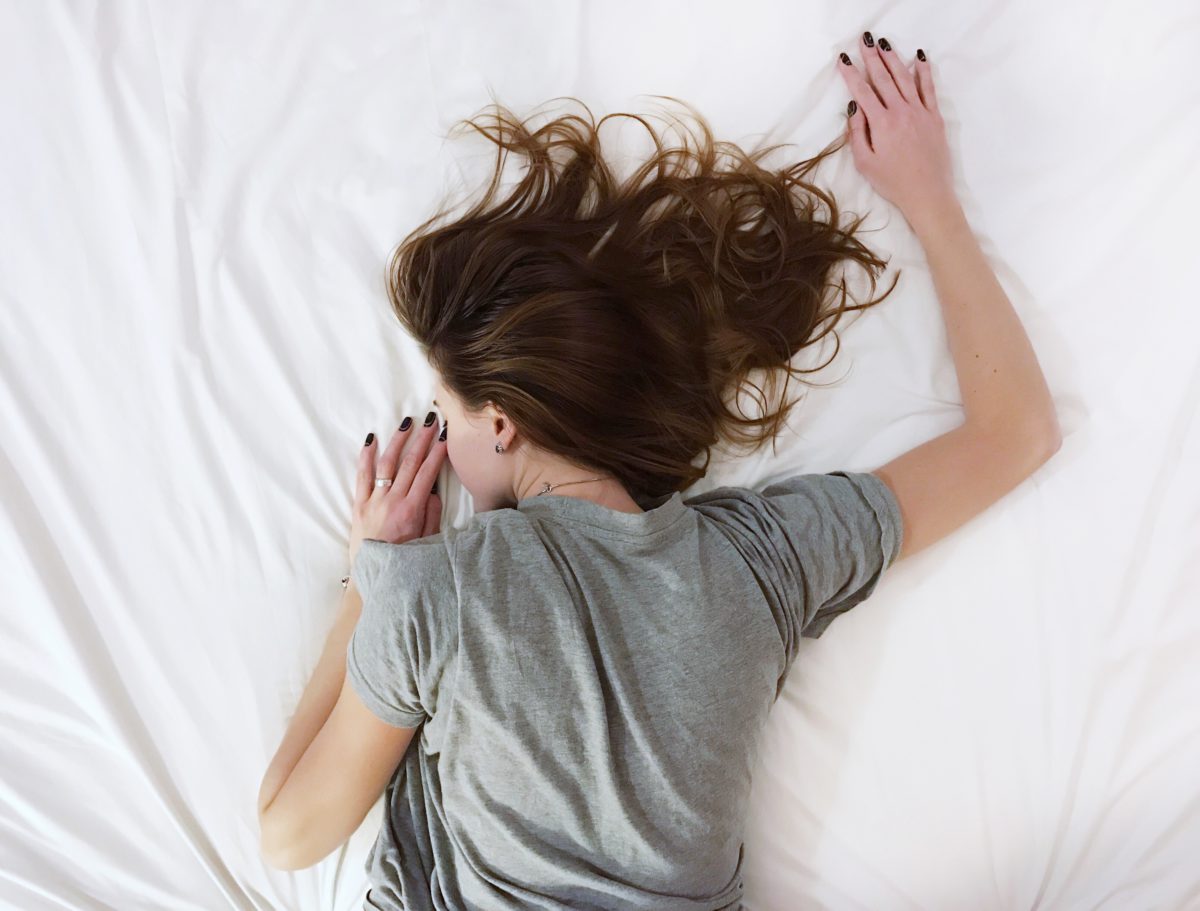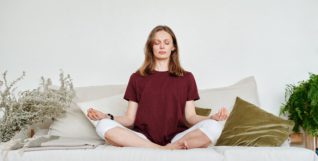
5 tips proven to help you sleep better
- August 16, 2018
- George Moss
Nowhere is sleep more readily underestimated, and lost, than at university. The temptation of late night parties and exciting good times can be too much. Tomorrow’s 9am lecture gets thrown out the door every now and then, and it’s something most students do occasionally. Of course, it’s quite likely you’ll ignore the forthcoming advice. After all, one article isn’t going to get you to quit the party scene and hit the pillows. Still, your health can seriously decline without proper sleep, so it’s important you have at least some awareness of it’s importance. Sooner or later, the fun will catch up with you and you’ll need to rest. Therefore, if you’re struggling to hit the snooze button, here are 5 tips proven to help you sleep better!

Prioritise mental health
Mental health is at the foreground of university culture these days, and with good reason. Students and tutors the world over are beginning to recognise that what’s going on in their brain matters just as much as the rest of their body. A wave of change has started, and it can only bring good things.
One of these is more sleep! It’s worth remembering that you are more susceptible to mental health issues if you don’t get enough sleep, so it’s time to lead by example. Remind yourself that you will feel better after a good night’s sleep, and that reward alone is enough of an incentive. In the end, it’s better to wake up with a smile than groan!
Turn off your electronics
People prize their phones and computers because it makes them feel tethered to the outside world. That constant connection, especially in bouts of loneliness, is nigh on irresistible. Nevertheless, you’ll struggle to sleep if your phone is zapping away with text, Snapchat or WhatsApp messages.
Consequently, it’s important to turn off all your devices when you’re down for some slumber. After all, if this technology starts worming into your sleeping pattern early on in life, it’ll be a bad habit far harder to break. Switch off your machines and silence the world, you need your sleep!

Ear plugs
If you’re in halls, any effort to sleep can be in vein. A bunch of young animals are all lumped in together, and things are bound to kick off! Whether it’s arguments, loud base music or noisy rumpy pumpy, no one wants to hear this rubbish when a jam packed schedule is in store for tomorrow.
You can invest in some ear plugs and block out the world. This way, you can retreat into your own silent sancutary quite comfortably, as some ear plugs can actually sit snugly inside the ear. After all, this solution certainly beats hammering on doors and rowing with the inconsiderate folks. Ignore them all, and dream freely of a land that is free of noisy nuisances!
Don’t eat before bed
We can forget about food and drink the instant it’s swallowed. After all, it doesn’t seem like a big deal in the moment. That tangy taste of our favourite snack is just what we might crave before we sleep for a few hours. Snacking is almost a passive activity, and little thought is given to it at the time except ‘mmmm yummy’.
However, your digestive system is working overtime when anything is consumed before bed. Essentially, you’re kicking your entire body into work mode right when it should be shutting down. This is obviously counterproductive, and you shouldn’t be eating and drinking two or three hours before bed time. Avoid the tastey treats!

Too much sleep is not a good thing
After a week’s clubbing and heavy drinking, it can be easy to shrug off the prospect of sleep. Perhaps you think it’ll all catch up with you soon or later. Maybe you’ll spend a rainy Saturday tucked up at your parents house and getting all the sleep you missed out on. This can be quality care at it’s best for some students after a week of mistakes at university!
However, sleeping too much is tremendously bad for your health, and should be avoided. The old saying of ‘everything in proportion’ is entirely true. Too much of anything is bad for you and can actually lower your life expectancy. A balance is needed, and anywhere between six to eight hours is the healthy recommendation.

George Moss writes for Inspiring Interns, which specialises in sourcing candidates for internships and graduate jobs.







